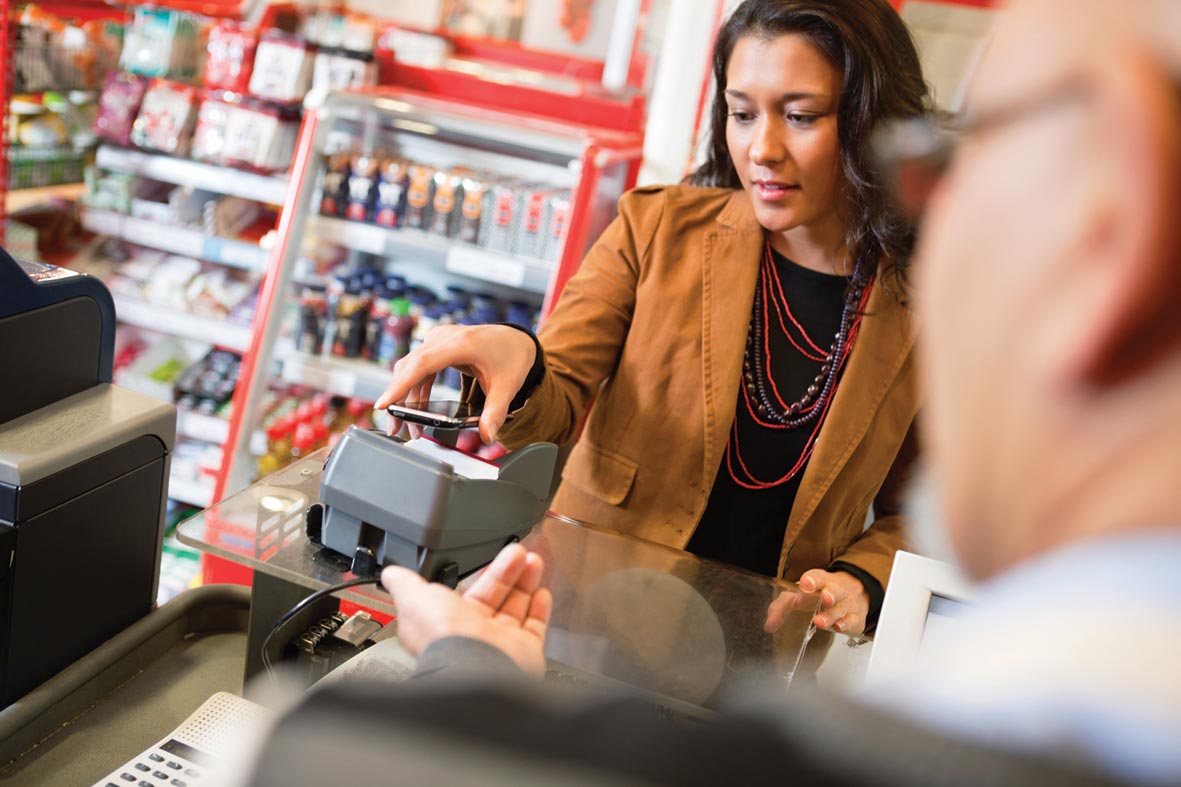Credit Cards & Loans
Mobile phones: the new credit cards?

Smart phones are becoming popular payment methods but a number of obstacles need ironing out. Tech lawyer Vanessa Barnett explains…
Given that mobile technology has evolved so rapidly over recent years with the technology giants and their seriously smart phones competing to keep us entertained and provide solutions to problems we never knew we had, it was only a matter of time before we started hearing talk of “mobile wallets” and “payment apps” and wondering how these things would improve our quality of life and, well, make us look even cooler.
This has also left technology lawyers like me wondering (again) how the legal landscape is going to catch up. We don’t have a great history in the UK or Europe of getting the law to catch up with technology, so it’s often a case of shoe-horning old laws into new scenarios. The start of the internet and e-commerce is a good example of this, where it took a number of years for specific rules to be put in place to protect consumers.
For now it will be interesting to see how fast fully fledged mobile phone based payment systems catch on in the UK, where making payments with mobiles is not practical necessity. Having said that, it’s quite clear that there is an appetite for new payment methods: just look how popular contactless payment cards became as soon as the right kit to take them became prevalent on our high streets.
In developing countries, where fewer people have bank accounts, mobile payment is a necessary solution and has overtaken other methods of payment. Over one quarter of Tanzania’s GDP, for example, now goes through the M-Pesa system. Stunning, when you think that M-Pesa has only existed since March 2007.
Back in the UK recent statistics show that we now rarely pay in actual cash for anything other than small purchases of £5 or less. We are all very used to contactless now, and we will evolve further to mobile payment. One of the most interesting developments in the UK right now is Quick Tap, powered by Barclaycard, which allows people to pay by Barclaycard using their phone on a contactless basis.
These contactless systems are also convenient for paying for transport. Most buses in London now accept them and it is expected that by late 2013, it will be possible to make contactless payments on other methods of transport.
But it is the UK Payments Council’s prediction that mobile phones will replace credit cards and debit cards in the next eight years that has really caught our attention. Even at the early stages of its development, consumers are being bombarded by the many different players such as banks, mobile operators and retailers all with their own ideas about how this should play out. At the moment, lack of standardisation could become a major obstacle to our use of mobile payments in the UK.
Although the UK Payments Council is working on a cross-industry scheme which is due to be launched in 2014 and will cover 90% of banks, it will be interesting to see how EU law will react to this acceleration. EU competition law, for example, has already stalled the rollout of “Weve”, the joint venture between Vodaphone, O2 and EE. Weve’s aim was to develop a single set of technical standards to use on all devices and networks in the aim of accelerating the roll-out of mobile payments in Britain during the Olympics.
However, the joint venture only received EU approval last September.
In the battle between technology and the law, I firmly believe that technology always wins. It is certainly an exciting time for lawyers!
Vanessa Barnett is technology and media partner at City law firm Charles Russell
Would you use a mobile wallet?
PROS |
CONS |
|
|
Source: Harris Interactive